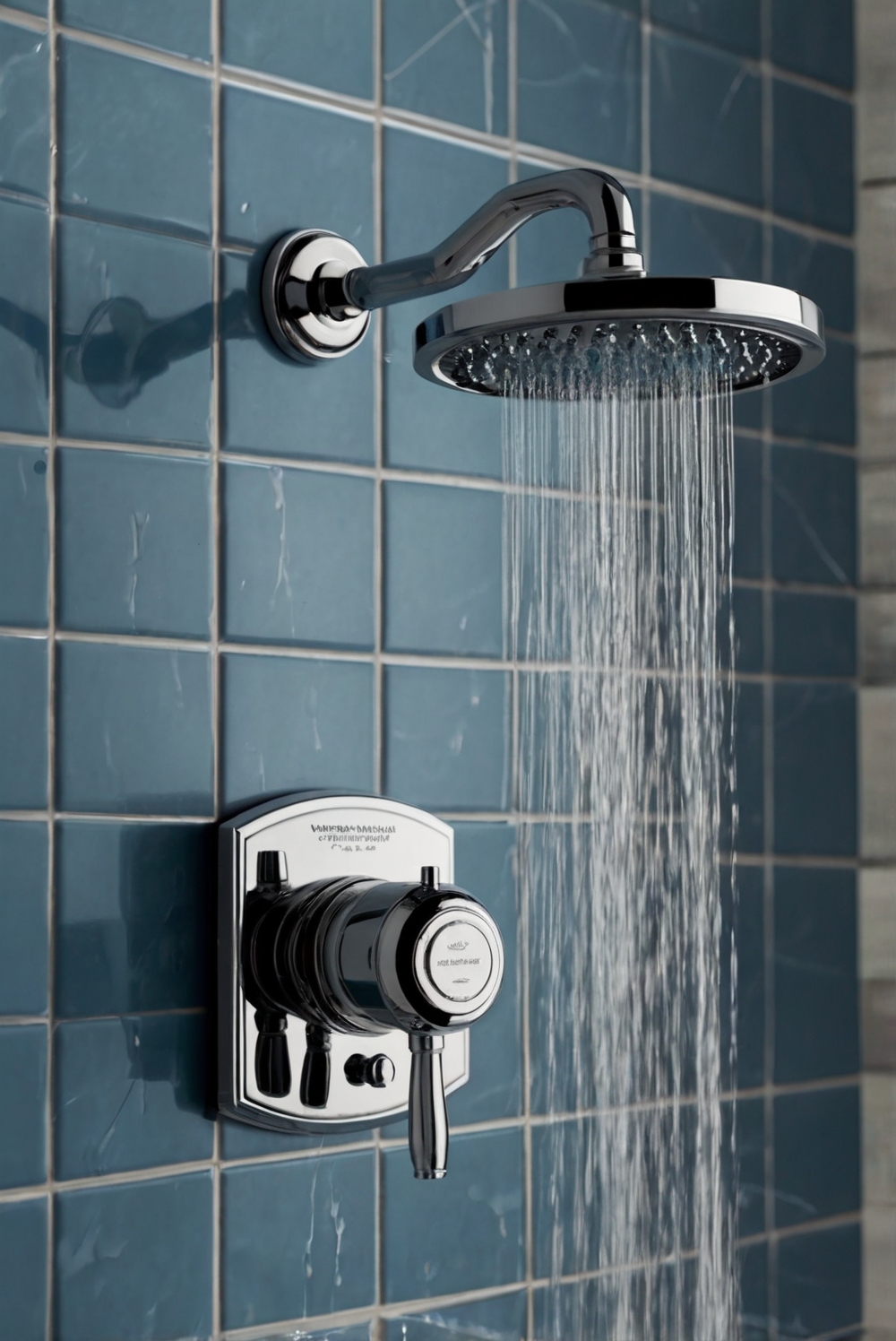Learn why maintaining your shower valve is crucial for a functional bathroom. Explore effective tips to keep your shower valve in top condition.
Regular maintenance of your shower valve is essential to ensure it functions properly and lasts a long time. By incorporating this task into your home decorating routine, you can not only maintain the aesthetics of your bathroom but also guarantee the efficiency of your plumbing components.
To maintain your shower valve, start by cleaning it regularly to prevent mineral buildup and corrosion. Check for any leaks or drips and repair them promptly to avoid water damage. Consider using a water softener to reduce mineral deposits and extend the life of your valve.
Additionally, make sure to keep a record of any maintenance tasks performed and schedule routine inspections by a professional plumber to catch any potential issues early on. This proactive approach can save you time and money in the long run while keeping your shower valve in top condition for years to come.
Regular maintenance of your shower valve is crucial for ensuring its longevity and optimal performance.
Over time, mineral deposits, dirt, and grime can build up in the valve, causing it to malfunction. By following a few simple maintenance steps, you can keep your shower valve in top condition and avoid costly repairs.
Why is it important to maintain your shower valve?
Regular maintenance of your shower valve is essential for several reasons. Firstly, a well-maintained valve will ensure consistent water temperature and pressure, providing you with a comfortable shower experience every time. Secondly, by keeping your valve clean and free of debris, you can prevent leaks and water damage in your bathroom. Lastly, regular maintenance can extend the lifespan of your shower valve, saving you money on repairs or replacements in the long run.
How often should you maintain your shower valve?
It is recommended to inspect and clean your shower valve at least once every six months. However, if you notice any signs of trouble such as leaks, inconsistent water temperature, or reduced water pressure, you should address the issue immediately. By staying proactive with your maintenance schedule, you can prevent minor problems from escalating into major issues.
What are the steps to maintain your shower valve?
1. Start by turning off the water supply to the shower valve to prevent any accidents or leaks.
2. Remove the handle and trim plate of the valve using the appropriate tools.
3. Inspect the valve for any signs of damage or buildup, such as mineral deposits or rust.
4. Clean the valve using a mild cleaning solution and a soft brush to remove any dirt or debris.
5. Rinse the valve thoroughly with water to ensure all cleaning residue is removed.
6. Reassemble the valve, making sure all components are secure and properly aligned.
7. Turn the water supply back on and test the valve to ensure it is functioning correctly.
How can you prevent common issues with your shower valve?
1. Install a water softener in your home to reduce mineral buildup in your plumbing system.
2. Use a shower filter to remove impurities from the water, preventing them from clogging the valve.
3. Avoid using harsh cleaning chemicals on your shower valve, as they can damage the internal components.
4. Regularly inspect your shower valve for leaks, drips, or unusual noises, and address any issues promptly.
5. Consider hiring a professional plumber to perform annual maintenance on your shower valve to ensure it is in optimal condition.
In conclusion, maintaining your shower valve is essential for ensuring its longevity and optimal performance. By following a regular maintenance schedule and taking preventive measures, you can avoid costly repairs and enjoy a comfortable shower experience every time. Remember to address any issues with your shower valve promptly to prevent minor problems from turning into major headaches.

